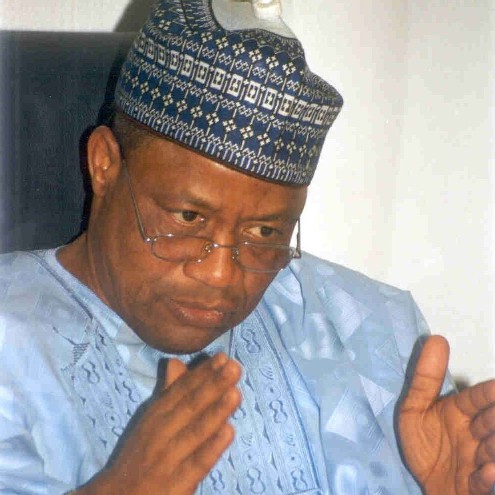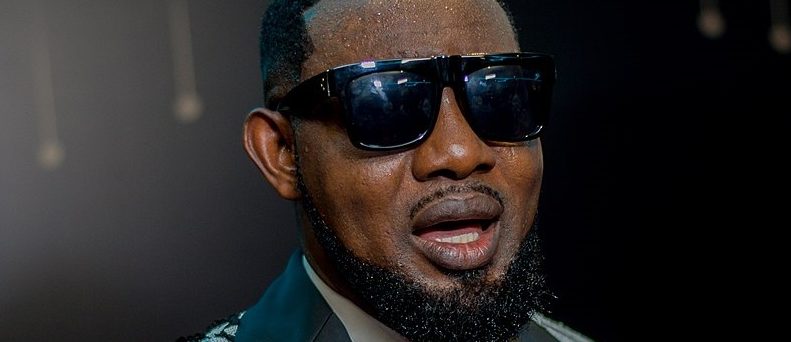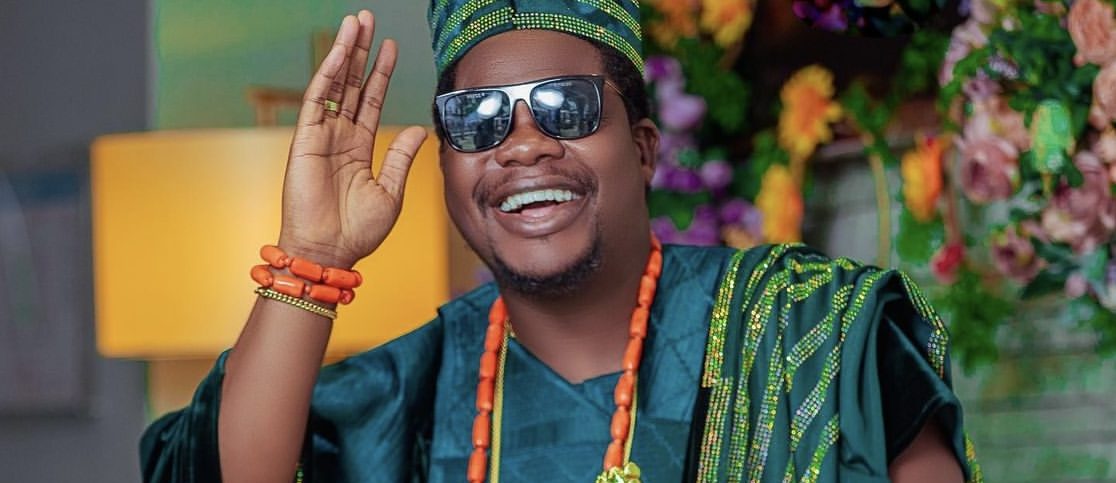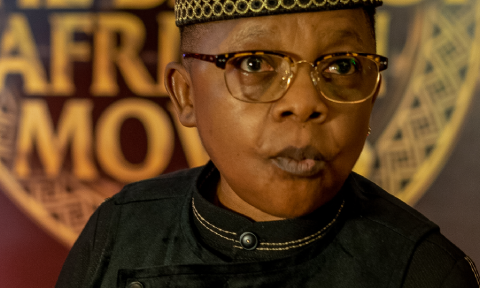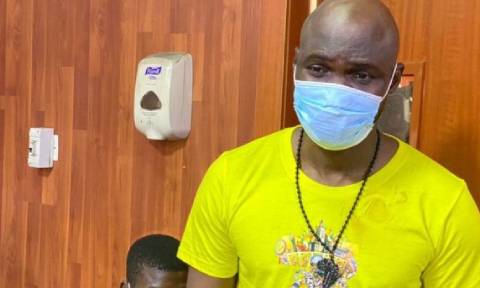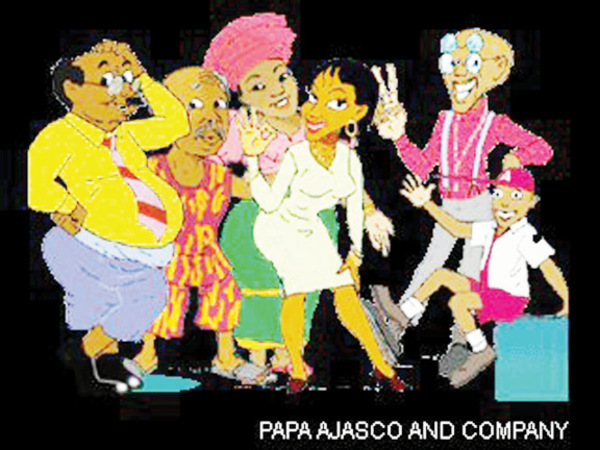
In the 80s, a new kind of comic magazine berthed the society receiving nationwide circulation as it spread like a wild fire.
This viral comic was ‘Ikebe Super’. It found its way into almost every home in the country as readers couldn’t wait for their weekly supplement from the adventures of its slapstick characters. It wasn’t political, neither was it religious; it was mainly humorous. It had a genuine way of making lightweight off every situation, being trivial and yet not offensive. Its farces inevitably resulted in it getting more popular than its direct competitors; the more serious ‘Super Story’ by the same publisher and the exotic porn laden ‘Lolly’.
The roll call
Ikebe Super, published by Wale Adenuga, displays an array of clowning characters including the not well detailed but self flattering Papa Ajasco; his always suspicious and sceptical wife, Mama Ajasco; their naughty son, Ajasco and the supper naive big bald headed numbskull, Pa Jimoh. Also in lead roles are the vain Boy Alinco and his all-time crush Miss Pepeiye. Together they deliver humour to many homes on the pages of the non-coloured comic.
Although the comic gets occasionally raunchy, sometimes exploring the risqué sides of its characters, it never played down on the humour. The way Mama Ajasco resorts to paddling the old rascal Papa Ajasco after his infidelity is unravelled would always take the shine over the act of infidelity itself. And Boy Alinco always turned a ‘Ha-ha’ joke every time he turned up his bawdy side. The lewdness of ‘Ikebe Super’ was kept out of its readers’ face.
Transformation
Wale Adenuga, the publisher of the comic, revealed in several interviews that ‘Ikebe Super’ eventually had to be put to rest in the mid 90s when the country’s economy nose dived resulting in reduction in patronage just as the cost of production got higher. This scenario however paved way for the creator to deliver the humour using the same characters through a different medium. In 1996 ‘Papa Ajasco & Company’ began to air on various terrestrial television stations and it wasn’t a surprise it received the envious kind of followership it enjoyed.
Although Ikebe Super cannot receive credit for being intellectual, there is a chance if it had remained, the reading culture amongst many young Nigerians today wouldn’t have declined so badly.
